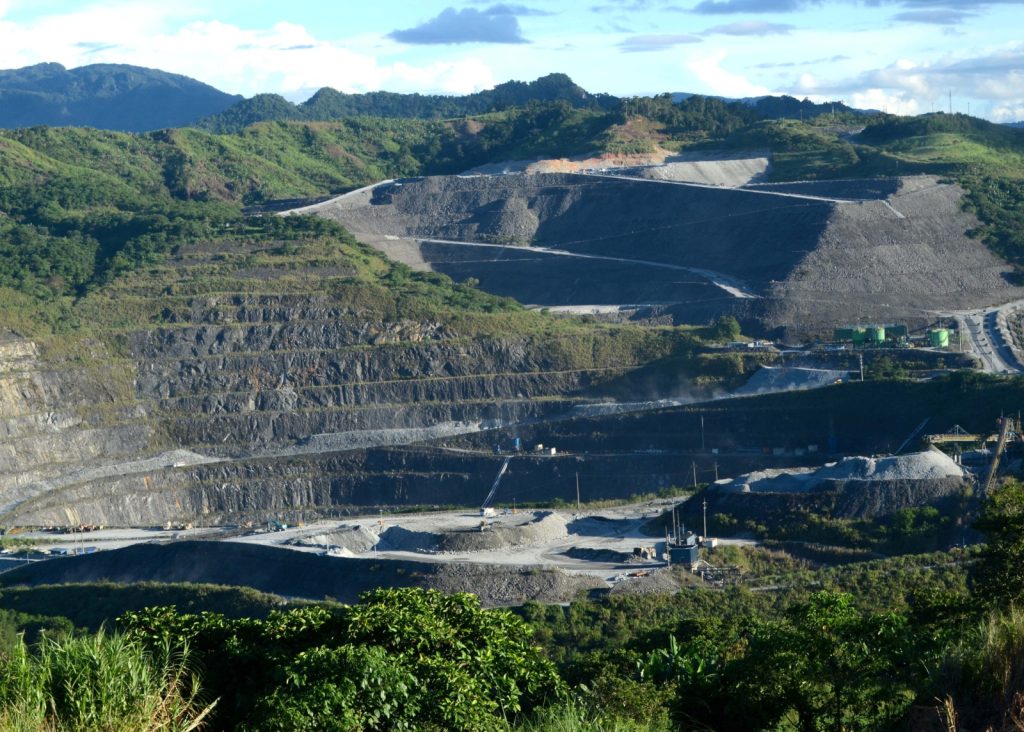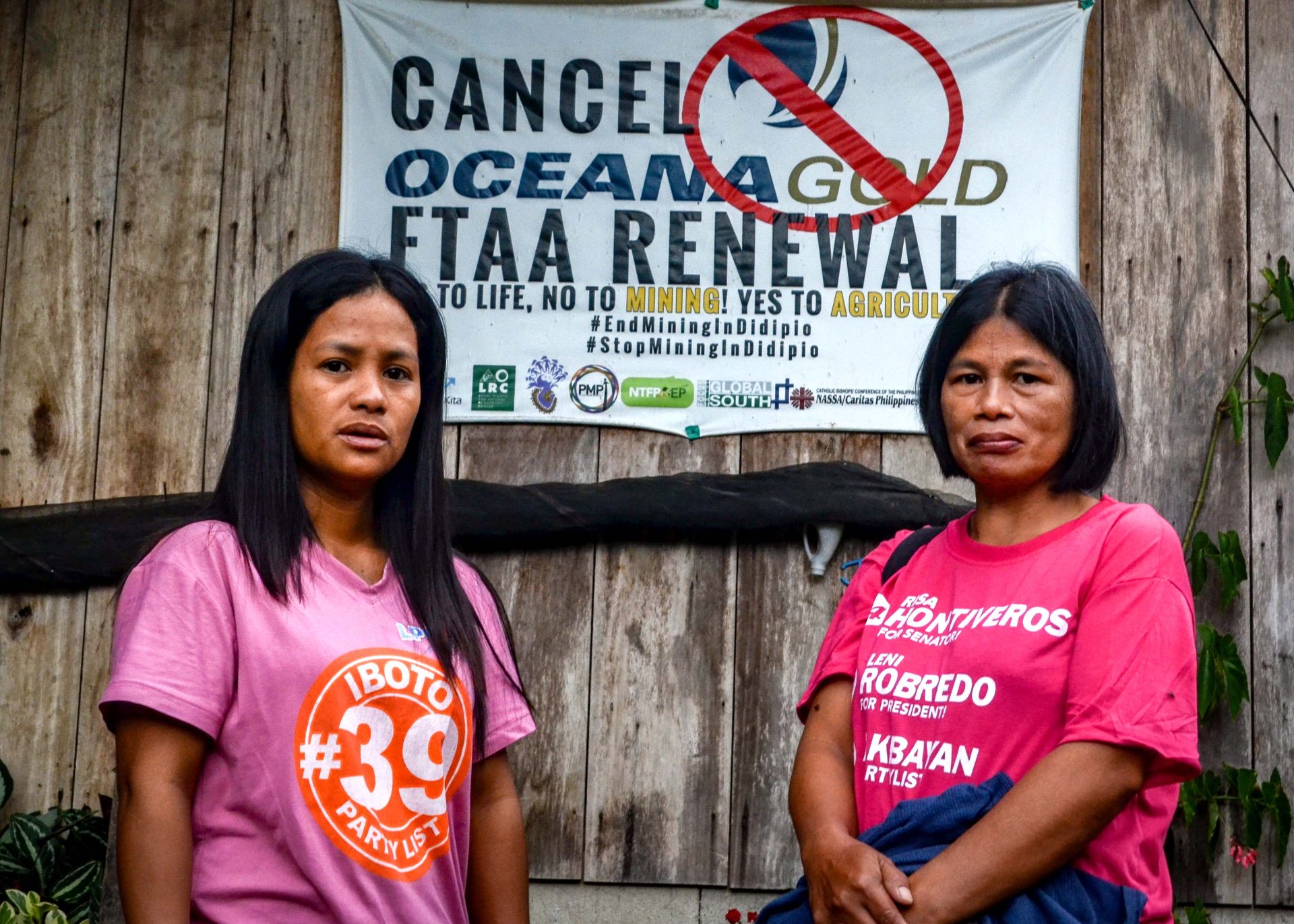Indigenous women in the village of Didipio in Kasibu town, Nueva Vizcaya province, called on the new head of the Philippines’ Environment department to immediately end mining operations in their community.
“Land is our life,” said Myrna Duyan, chairperson of the Bileg Dagiti Babbae (Power of Women) group. “It is our livelihood, our food, and our home,” she said in a statement sent to LiCAS News on Thursday, July 14.
“For all the years that [the mining company] has destroyed our land, we have stood up and defended it,” said Duyan.
President Ferdinand Marcos Jr. has earlier announced the appointment of Ma. Antonia “Toni” Yulo-Loyzaga the new head of the Department of Environment and Natural Resources (DENR).
In July last year, the Philippine government renewed the contract of OceanaGold Corporation for the Didipio gold and copper mine for another 25 years.
In a statement, the company said the terms and conditions set in the original financial or technical assistance agreement were unchanged.
The agreement is a contract involving financial or technical assistance for large-scale exploration, development and utilization of natural resources in the country.
Residents and civil society groups have, however, opposed the re-opening of the mines.
They accused the DENR and the National Commission on Indigenous Peoples of failing to uphold their mandates to protect the environment and the rights of indigenous communities.
In a statement last year, Father Antonio Labiao, executive secretary of Caritas Philippines, said the government “seems to enjoy that the Filipino people are at the receiving end of destruction.”
Duyan said their community has suffered “land, water, air, and noise pollution” because of the mining operations.
“The soil has weakened so much that it has made them vulnerable to soil erosion, landslide, and flooding during typhoon season,” she said.

In June, village leaders of Didipio issued a resolution expressing strong opposition to the renewal of the mining company’s mining permit, citing lack of consultation and proper assessment of how the mining company operated in the past.
The provincial government of Nueva Vizcaya has also appealed to the national government to discontinue the mining operations.
“Science with compassion and political will, these are what we badly need now,” said Judy Pasimio of the Purple Action for Indigenous Women’s Rights, a collective of indigenous women’s rights advocates.
“This is what we hope Ms. Yulo-Loyzaga will bring to the DENR office,” said Pasimio.
While the new DENR Secretary is known for her background in science, Pasimio said the challenge now is “political will to fend off influences and dictates from strong powers.”
“The new DENR secretary must stand up to corporations and their cohorts within the bureaucracy, and stand for indigenous and rural communities who suffer the most from the impacts of environmental destruction,” said Pasimio.
OceanaGold produces up to 550,000 ounces of gold and 15,000 metric tons of copper yearly from its four mine sites in Didipio in the Philippines, Haile in the United States, and Macraes and Waihi in New Zealand.







